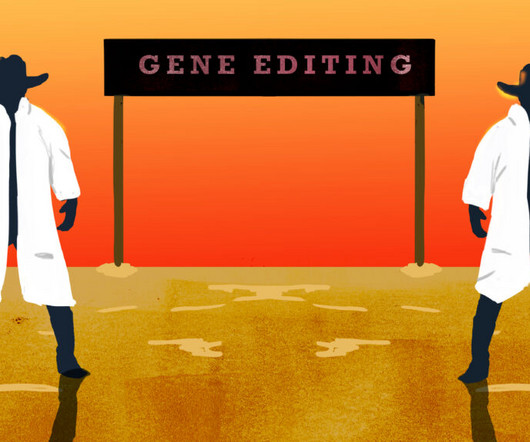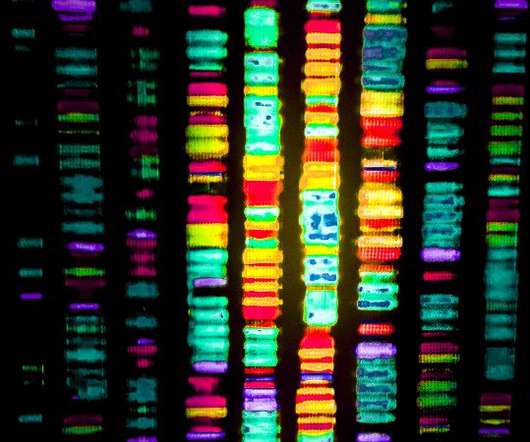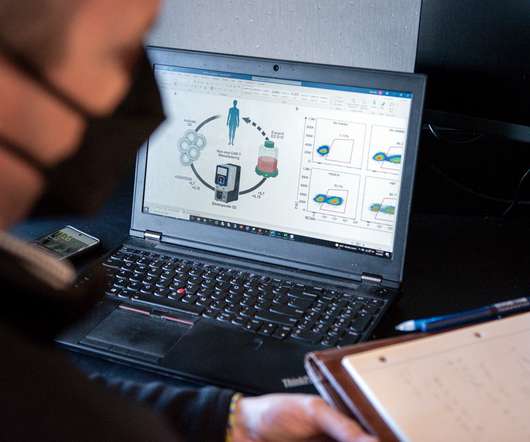STAT+: Moderna expands CRISPR gene editing research with ElevateBio partnership
STAT News
FEBRUARY 22, 2023
Moderna is aiming to build a gene editing franchise powered by some of the same technologies used in its COVID-19 vaccines. The Cambridge biotech company announced Wednesday that it will partner with Life Edit Therapeutics to develop potentially permanent treatments for rare genetic diseases and other conditions.















Let's personalize your content